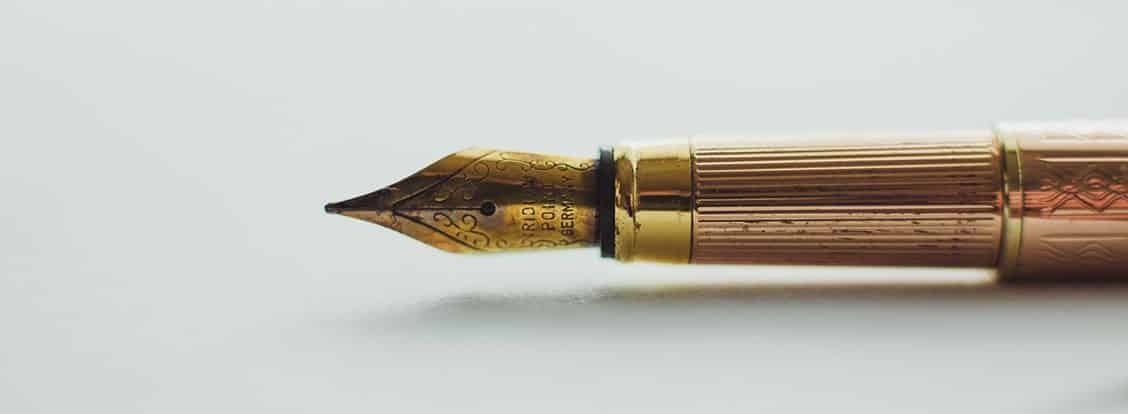With the end of the year fast approaching and the drive to get everything done before the holidays, you may be noticing that your team is starting to run out of puff.
Instead of a slow grind over the next few weeks, how can we be proactive and plan to keep our energy levels and productivity up over this time?
Ramp up our physical health care
First of all, we want to maintain good physical health habits. Restorative sleep, nutrient-dense food, plenty of water, and more exercise will make a positive difference. So does reducing the amount of alcohol and caffeine we consume. (Ironically, more coffee and wine may be what our body craves when we are fatigued, but we are just asking our body to work harder processing these, which will only create more fatigue.)
We know it can be hard to stick to healthy habits at this time of year, particularly when we are tired and busy. What helps?
- Planning ahead – how will I exercise, eat well and get enough sleep today?
- Rewards and challenges – which one works for you? Would a team challenge be useful right now – with rewards for clever ideas that help?
- Support – get a colleague/friend/family member to join you in your planning or challenge setting, or to nudge you to do it.
It’s also important to boost our emotional wellbeing
Experiencing more positive emotion helps to buffer us from the end-of-year pressures, and helps us to bounce back from fatigue. Moments of joy, satisfaction, connection, hope and anticipation have this effect; so do experiences of awe, gratitude and love.
Try making it a priority in your day to do the things you know will give you these moments. Cuddle your partner before you leave for work, pause to enjoy the sunshine on your face walking to a meeting, share a joke with a colleague, tell someone how proud you are of the deadline you managed to meet, listen to your favourite music.
What works for you? How can you plan to experience emotion boosts even when everything is hectic?
Flourish with your team
Make time to check in with everyone – depending on personality styles, this may be best as a team or individually.
- Check in on levels of fatigue and how people are coping.
- Validate and acknowledge that end-of-year fatigue is common and understandable.
- Review work projects and priorities – do the priorities align with business/team priorities? Are timeframes realistic or do they need adjusting?
- Problem-solve, ask for ideas and suggestions – what can we do better or differently to dial back this fatigue or make it more manageable?
- Encourage recovery breaks, and model good strategies yourself!!



